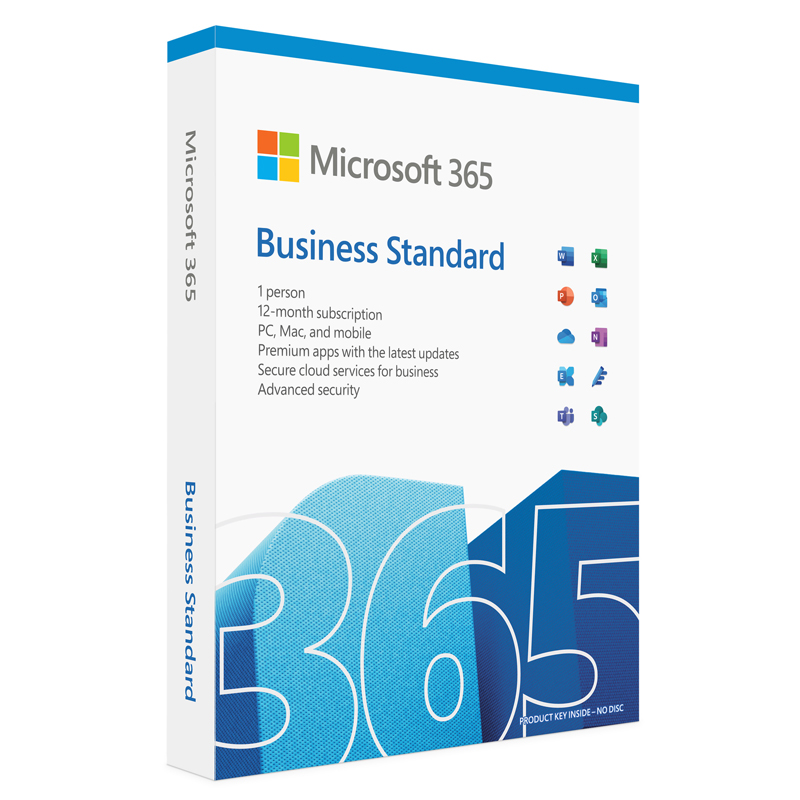
ERP Implementation Readiness Assessment:
An Enterprise Resource Planning (ERP) system is a comprehensive software solution that integrates various functions and processes within an organization. Implementing an ERP system is a significant undertaking that can have a profound impact on an organization. To ensure a successful ERP implementation, it's essential to conduct an ERP implementation readiness assessment. Here's what it entails:
1. Assessment Objectives: The primary objective of an ERP implementation readiness assessment is to evaluate the organization's preparedness for implementing an ERP system. This involves assessing various aspects, including technological readiness, organizational culture, and human resources.
2. Key Components: Technology Infrastructure: Evaluate the organization's existing technology infrastructure to determine if it can support the ERP system's requirements. This includes assessing hardware, software, and network capabilities.
- Data and Data Quality: Examine the quality, completeness, and accuracy of existing data. Data migration and cleansing are critical aspects of ERP implementation.
- Organizational Culture: Assess the organization's culture and its willingness to embrace change. ERP implementation often requires significant cultural shifts.
- Business Processes: Review current business processes and identify areas that need improvement or redesign to align with ERP best practices.
- Change Management: Evaluate the organization's change management capabilities, including leadership support, communication strategies, and training plans.
- Skills and Resources: Determine if the organization has the necessary skills and resources, both in-house and through external consultants, to support ERP implementation.
3. Assessment Methods: Data Collection: Collect data through surveys, interviews, and document reviews to gather information on the various readiness components.
- Benchmarking: Compare the organization's readiness against industry best practices and benchmarks.
- Gap Analysis: Identify gaps between the current state and the desired state of readiness.
4. Benefits: An ERP implementation readiness assessment provides a clear picture of the organization's preparedness, allowing for informed decision-making.
- It helps in identifying potential risks and challenges that may arise during ERP implementation, allowing for proactive mitigation.
- Ensures that the organization allocates resources effectively and establishes realistic timelines for the implementation project.
5. Recommendations: Based on the assessment findings, develop a set of recommendations and action plans to address any identified gaps or weaknesses.
- These recommendations should guide the organization in its ERP implementation strategy and planning.
6. Ongoing Monitoring: ERP implementation readiness is not static. It should be monitored and reassessed periodically throughout the ERP project to ensure that the organization remains prepared for any changes or challenges.
Contact Us
Choose Cenmic Management as your trusted partner in IT and management consulting and let us empower your small or medium-sized organization with the tools, strategies, and support needed to thrive in today's competitive business environment.






